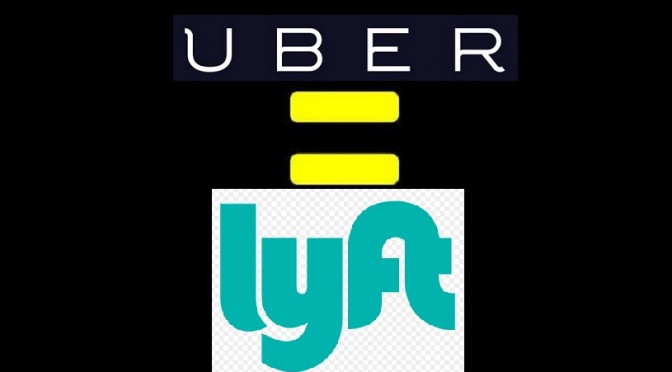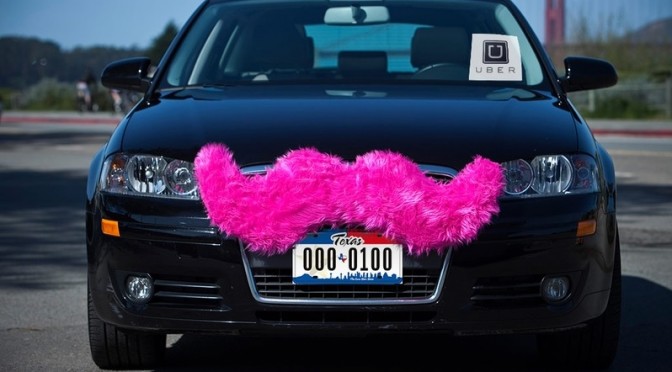
After a long and heated battle, Uber and Lyft can finally operate legally in Houston. Here's the story from Doug Begley of the Houston Chronicle...
It took 16 months, but Houston officials Wednesday finally found acceptable regulations to corral the changing paid ride industry.
By a 10-5 vote, with two … Continue Reading ››

This post is in response to a recent
Texas Tribune article by Noah M. Horwitz. Please read his post on the Trib site for background. In summation, his editorial is arguing against the proposed changes to Houston's Chapter 46, the rules governing Vehicles for Hire, if those rules are not evenly applied among existing …
Continue Reading ››
A Voice for the Rest of Texas

